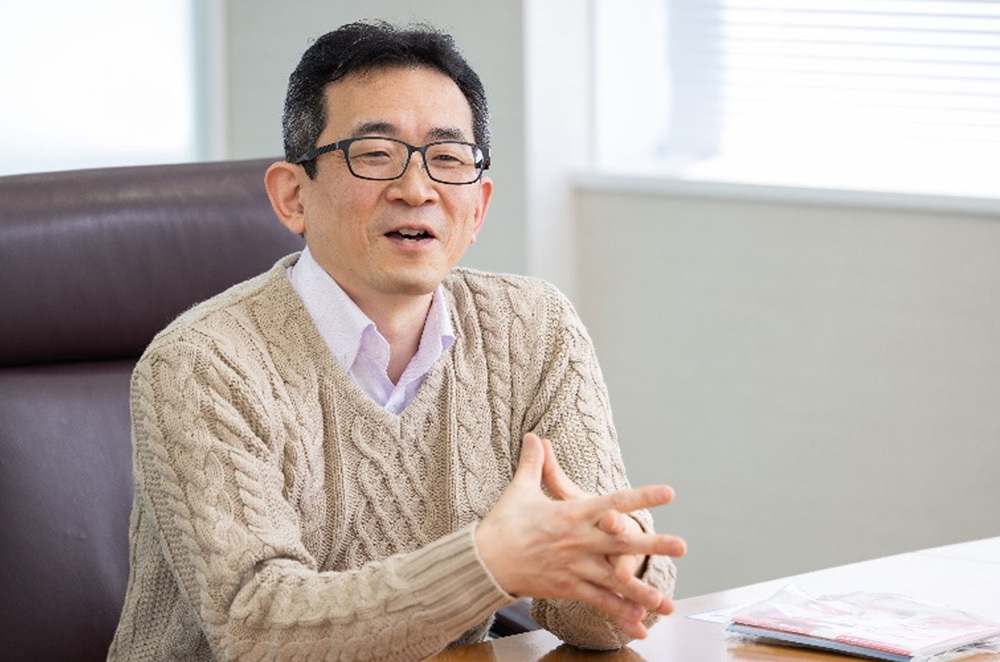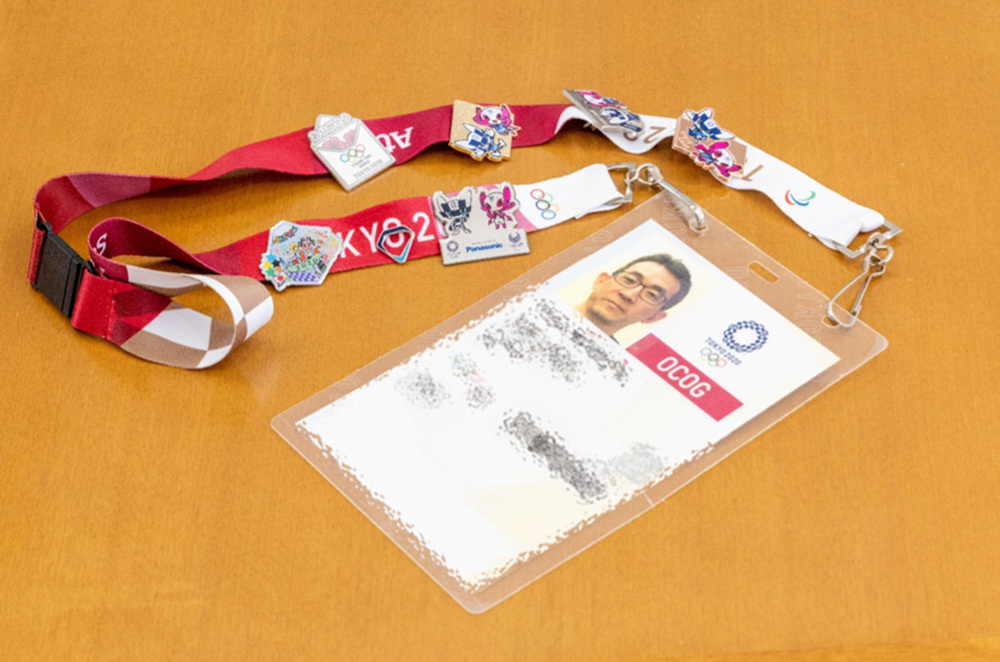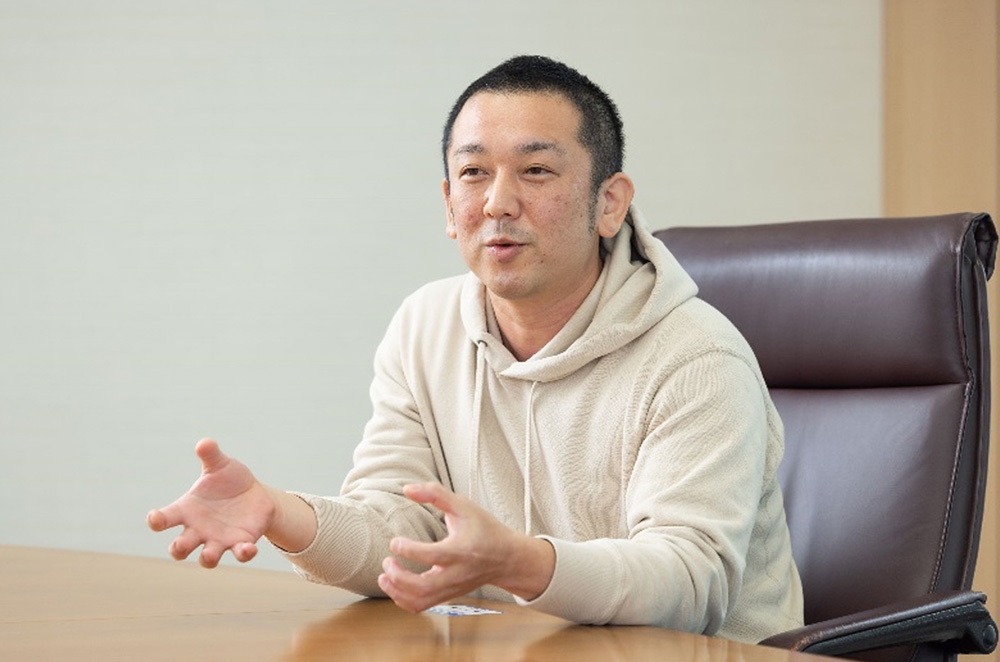The Way to Take a Premium Break
An Environment Where Employees Can be Fulfilled in Both Their Work and Private Lives

Premium vacation (hereinafter “PV”) This refers to an initiative to promote the taking of 3–5 consecutive days of annual leave. Whether you choose to use to go on a trip during the off season, study for a qualification without stopping for work, take part in volunteer activities, or anything else—it’s up to you! Our employees will explain the appeal of PV, such as charming memories of their time off, increased motivation at work, improved work efficiency, and a changed workplace atmosphere.
Engaging in Volunteer Activities Thanks to Our Flexible Leave-Taking System

Mr. Nakamura, who used PV to volunteer for the Tokyo Olympics, told us about this valuable experience.
“By using PV, I was able to volunteer for the Tokyo Olympics as a support driver transporting those involved in the event by car. Because the timing of my normal long holidays did not match the Olympic schedule, if I hadn’t been able to use PV to take time off when it suits me, I wouldn’t have been able to take part.
This volunteer work brought me in contact with people from all over the world. When I was transporting a Swiss Olympic staff member, I told him that I work for Panasonic. Of course, he had heard of our company and was like ‘Oh, Panasonic!’ This was a real conversation starter, and we became friends to the point of exchanging badges as gifts.
The drivers included company employees like me, university students, housewives... people of all ages and occupations. During our breaks, the volunteers shared their know-how with each other, and discussed ways of improving the work with the event staff, so every day the work environment got better: it was a really new and valuable experience. I was able to interact with people I wouldn’t normally meet in my everyday work, which allowed me to understand new viewpoints, which in turn had a positive impact on my normal work.”

His staff ID strap is covered in badges he exchanged with the other volunteers and the event staff.
Work Hard, Play Hard: What’s the Goal of PV?

Mr. Kawaguchi is one of the members who promotes PV within Panasonic. He told us about the background of why the company is promoting PV, and what its goals are.
“PV is an initiative that was introduced a few years back as one facet of our workplace improvement activities. Before that, due to our business’s reliance on each person doing their own job constantly, Panasonic did not have a strong tradition of annual leave. Information was not really shared within the organization, and individual employees had a lot of work that only they could do, so it was not an environment that was conducive to taking time off, even if you wanted to. People didn’t share their know-how, so our personnel mobility was low, creating a vicious circle where neither individuals nor the group could truly grow.
At that time, I had a lot of opportunities to work with engineers working in Silicon Valley. Over there, the truly brilliant workers were the ones who valued their private lives. Of course, they do their work well, but they also know how to take vacations properly, which improves their work efficiency and makes them really energetic. By seeing how they did things, I learned that the key to breaking out of a stagnant situation was to both work hard and play hard. This was why I joined in the promotion of PV.
The creation of a workplace culture where people can take proper time off was not something that happened overnight, but with Human Resources, the trade union, and the employees all engaging with it together, senior management took the lead in taking time off, and the situation gradually changed.
With the prevalence of PV, our dependence on individual workers constantly doing their own job has mostly disappeared. We have built up a structure whereby anyone, anytime, can carry out someone else’s work, which allows all employees to take long vacations when it best fits their needs. By taking leave to refresh themselves and acquire new experiences like Ms. Nakama and Mr. Nakamura, more and more employees have been experiencing positive effects on both their work and personal lives. Going forward, it is my intention to continue working with both employees and the company to create an organization that enables people to be fulfilled in both their work and private lives.”